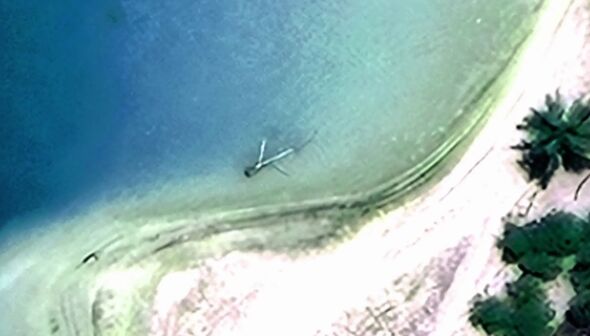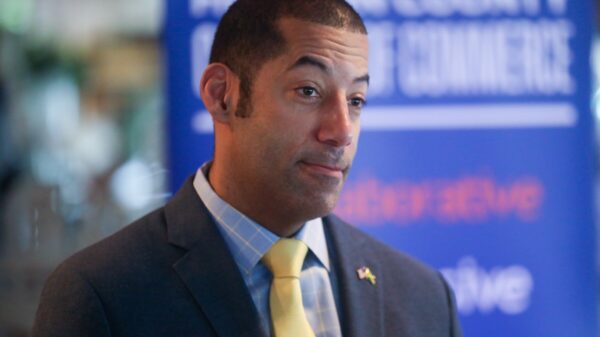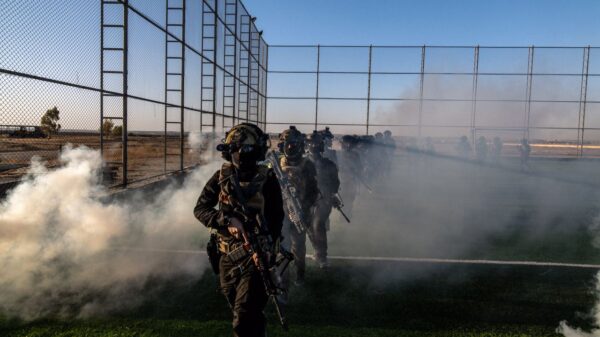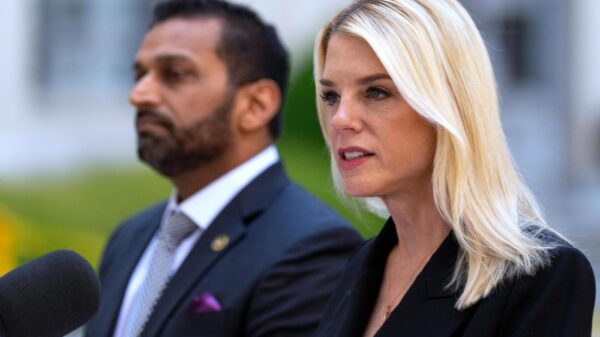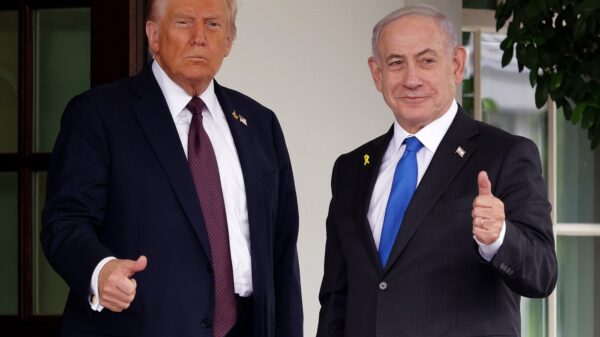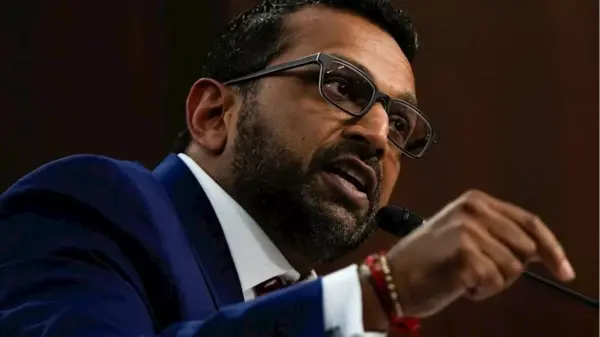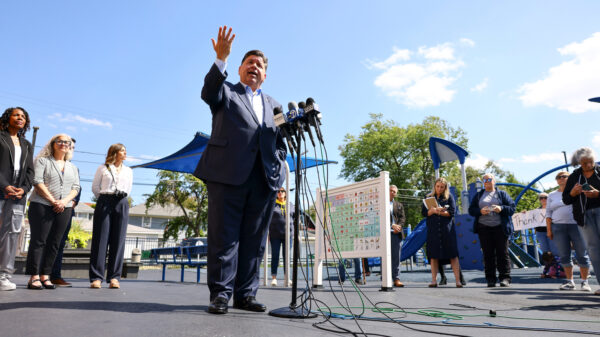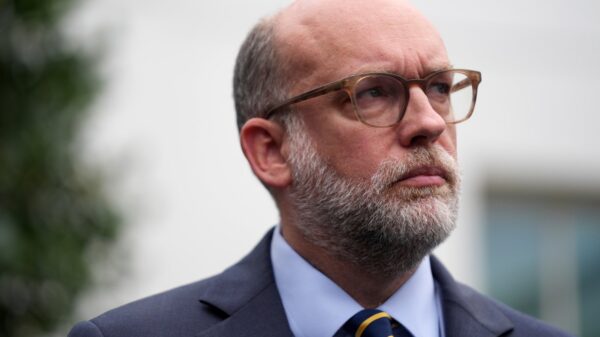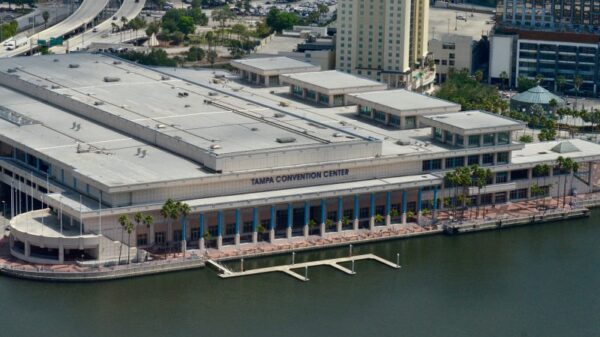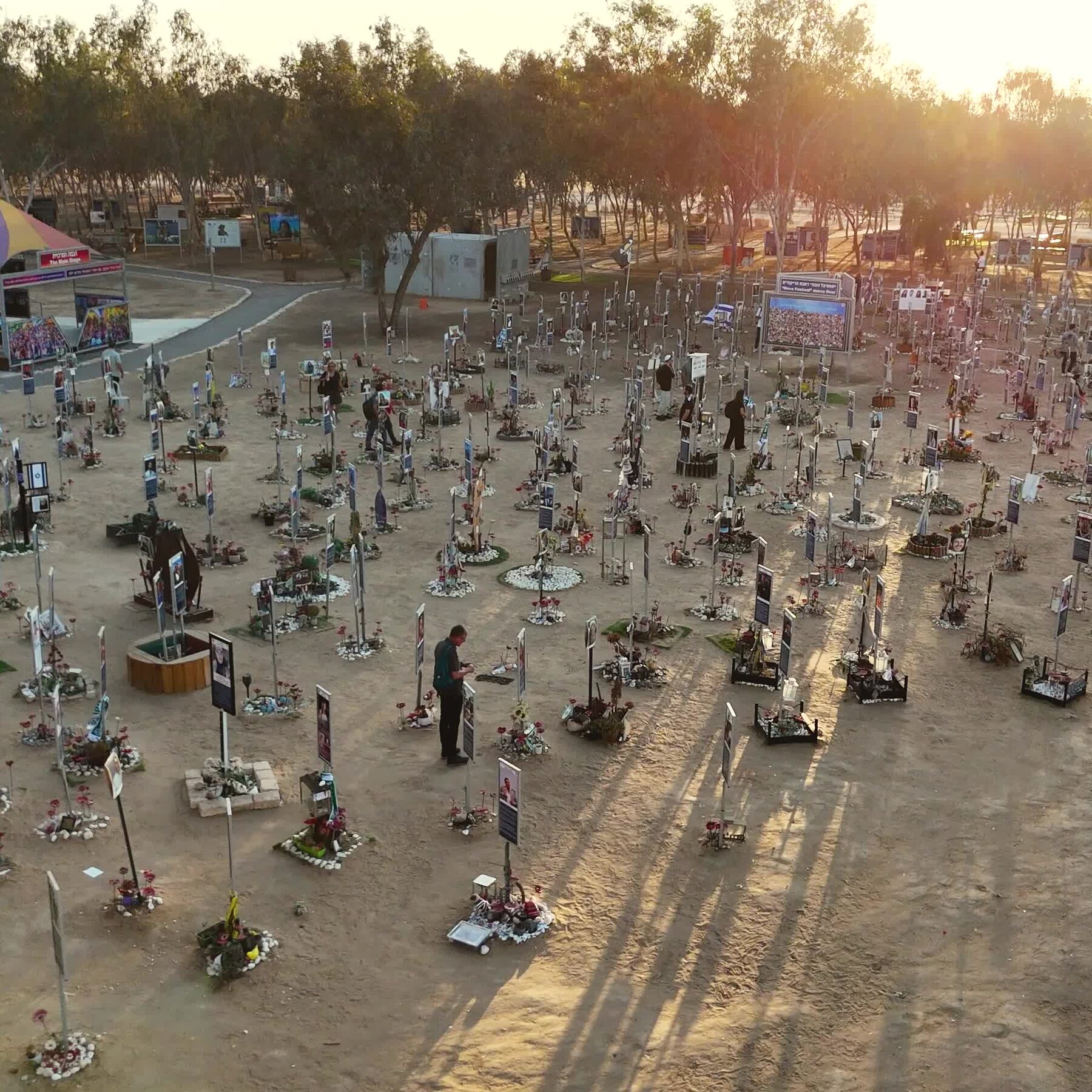The ongoing conflict in Gaza has led to a significant shift in Israel’s internal dynamics and its perception on the international stage. Since the outbreak of hostilities on October 7, 2023, following a surprise attack from Hamas, Israel has faced unprecedented challenges that have tested its societal cohesion and global alliances.
As the conflict continues, divisions within Israeli society have become more pronounced. Issues surrounding the government’s response to the violence and the humanitarian situation in Gaza have sparked protests and debates among various political factions. The Israeli public is increasingly polarized, with differing opinions on how to address the crisis while ensuring national security.
Shifts in National Sentiment
Recent surveys indicate a growing discontent among Israelis regarding their government’s handling of the war. According to a poll conducted by the Israel Democracy Institute, approximately 60% of respondents expressed dissatisfaction with Prime Minister Benjamin Netanyahu‘s leadership during this turbulent period. This dissatisfaction is not limited to political circles; it also reflects a deeper existential concern among citizens about their country’s future and identity.
The conflict has also drawn international scrutiny. Various human rights organizations, including Human Rights Watch and the United Nations, have criticized Israel’s military actions and their impact on civilians in Gaza. Reports suggest that thousands of Palestinian civilians have been displaced, raising urgent calls for humanitarian aid and ceasefire negotiations. Israel’s response to these criticisms has further isolated it from traditional allies, straining diplomatic relations, particularly with European nations.
Global Repercussions
The ramifications of the ongoing conflict extend beyond Israel’s borders. The situation in Gaza has reignited discussions within international forums about the Israeli-Palestinian peace process. The International Criminal Court has also indicated it will investigate potential war crimes committed during this latest escalation. Such developments highlight the complexity of international law in conflict resolution and the potential for legal consequences for both sides.
Protests advocating for Palestinian rights have erupted in cities around the world, calling for an end to the violence and greater accountability for Israel. These demonstrations signal a shift in global public opinion, with many citizens urging their governments to take a more active stance in addressing the humanitarian crisis.
As Israel grapples with these internal and external pressures, the longer-term implications of the conflict remain uncertain. The path to reconciliation and peace appears fraught with challenges, as divisions within Israeli society and its international relationships grow more pronounced. How Israel navigates this complex landscape will significantly impact its future and the prospect for peace in the region.
In summary, the ongoing Gaza conflict has not only tested Israel’s military capabilities but also its societal cohesion and international standing. The coming months may prove critical in determining both the short-term outcomes of the conflict and the longer-term implications for Israeli and Palestinian relations.

